August 15th is one of the most important dates in the Greek Orthodox calendar. It is a day filled with deep religious significance, vibrant traditions, and communal celebrations that bring families and entire communities together. In Crete, and especially in the historic town of Rethymno– this sacred day is marked with unique customs and heartfelt devotion that reflect the island’s rich spiritual heritage.
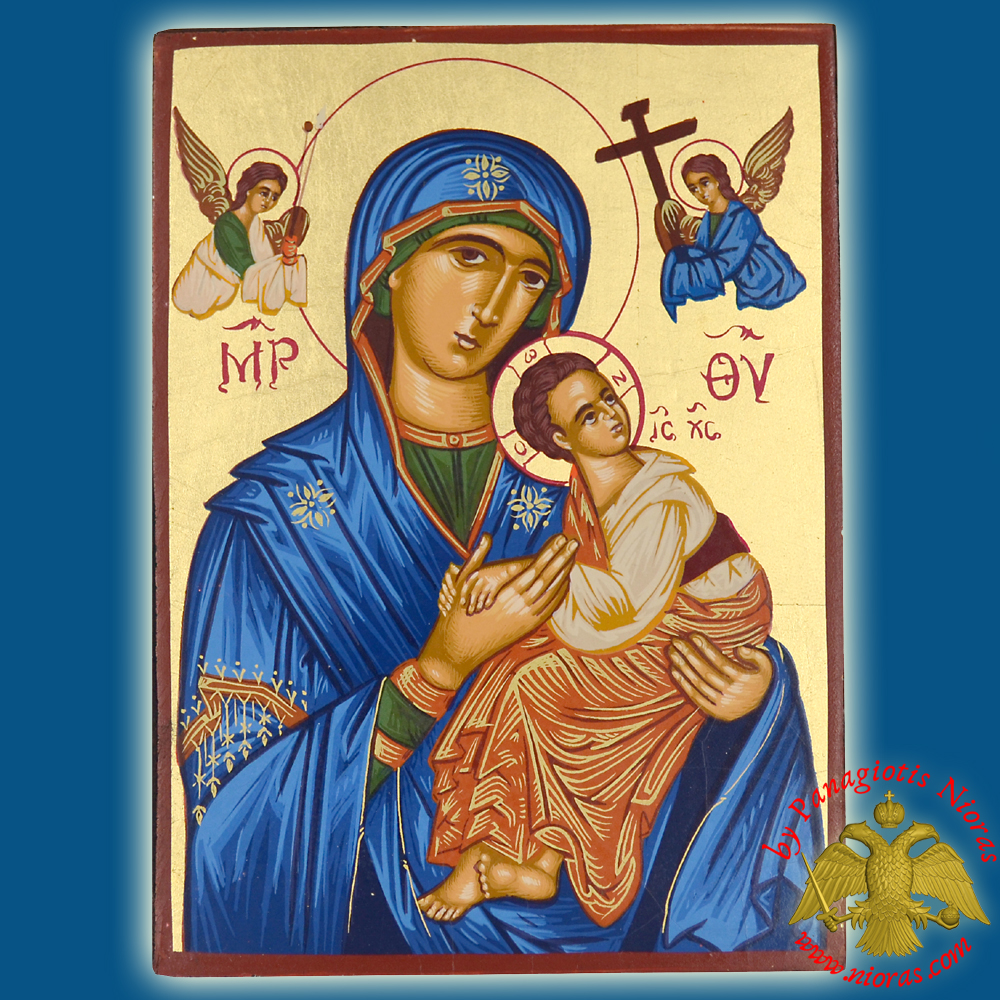
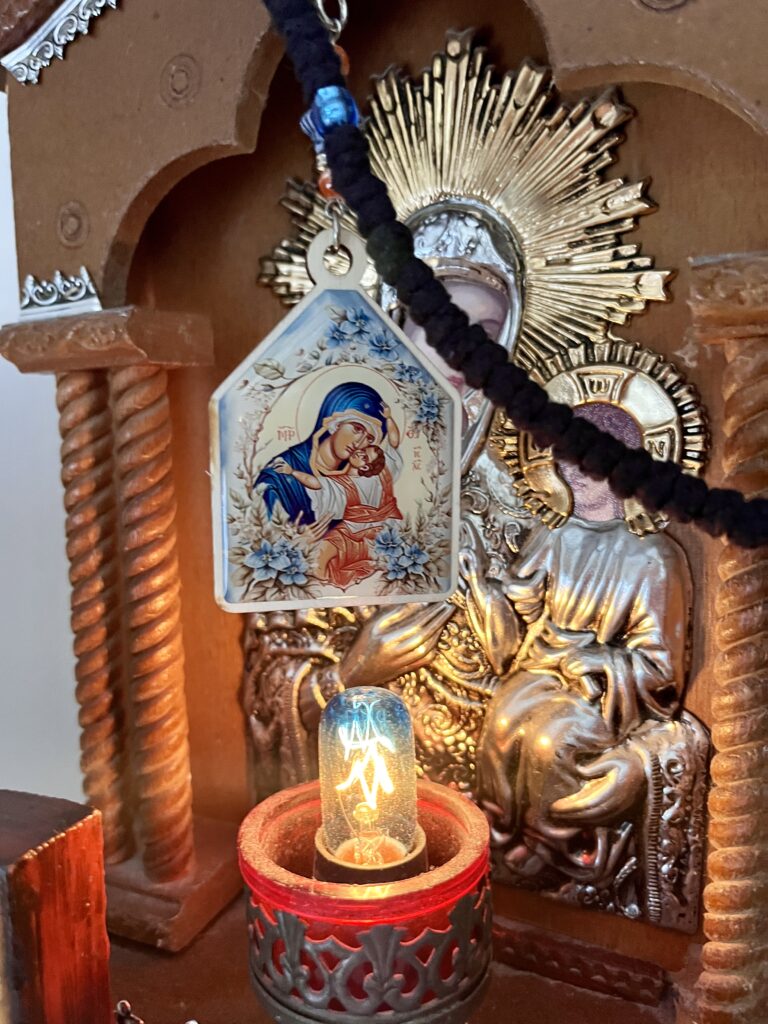
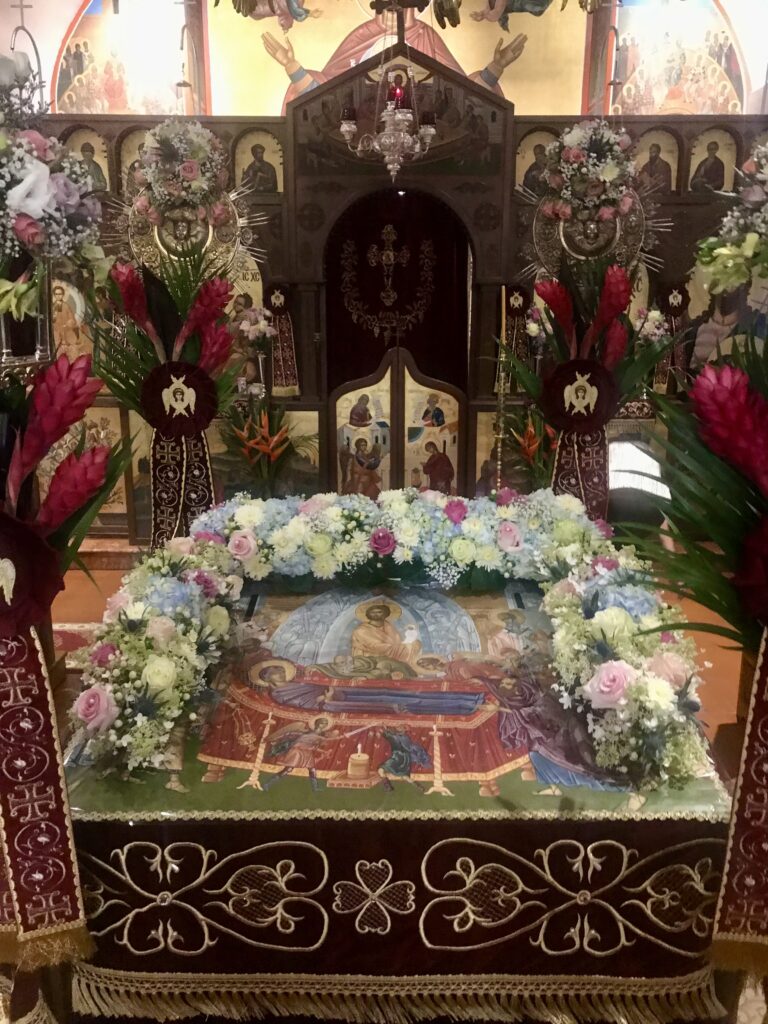
What is Celebrated on August 15th?
August 15th commemorates the Dormition of the Theotokos (Virgin Mary), also known as the Assumption of Mary in Western Christianity. The word “Dormition” means “falling asleep” and refers to the belief that Mary, the mother of Jesus, peacefully passed away and was taken bodily into heaven.
In the Orthodox tradition, this feast celebrates Mary’s death, resurrection, and assumption into heaven — a symbol of hope, eternal life, and the close relationship between heaven and earth. It is considered one of the Twelve Great Feasts of the Orthodox Church.
How Is It Celebrated in Crete?
In Crete, the feast day of the Virgin Mary is celebrated with a blend of solemn religious ceremonies and lively local festivities:
- Church Services: Early morning and evening liturgies are held in churches across the island, many of which are dedicated to the Virgin Mary. The most important service is the Divine Liturgy, often accompanied by the chanting of hymns honoring the Theotokos.
- Pilgrimages: Many Cretans travel to famous monasteries and churches dedicated to Mary, such as the Monastery of Arkadi and the Church of Panagia Kera. Pilgrimages often include prayers, candle lighting, and processions.
- Festivals and Feasting: After the religious services, families and communities gather to enjoy traditional Cretan food, music, and dancing. It is a time of joyful celebration, often lasting late into the night.
- Processions: In some villages, a statue or icon of the Virgin Mary is carried in procession through the streets, accompanied by music and prayers. This is both a religious act and a way to bring the community together.
Traditions, Customs, and Name Days
- Name Days: August 15th is the name day for anyone named Maria, Mario, Panagiotis, Panagiota, Despina, and other names related to the Virgin Mary. In Greece, name days are often celebrated more than birthdays, so those with these names receive visits and gifts.
- Customary Foods: On this day, many families prepare ‘kalitsounia’ (sweet or savory cheese pastries), ‘lahanosalata’ (cabbage salad), and plenty of fresh fruits and local wine to share.
- Fasting: Leading up to the feast, many Orthodox Christians observe the Dormition Fast, which lasts for two weeks, from August 1st to 14th, abstaining from meat, dairy, and other animal products as a sign of spiritual preparation.
- Special Blessings: Some communities hold special blessings of crops and harvests, connecting the feast day with gratitude for the land’s bounty.
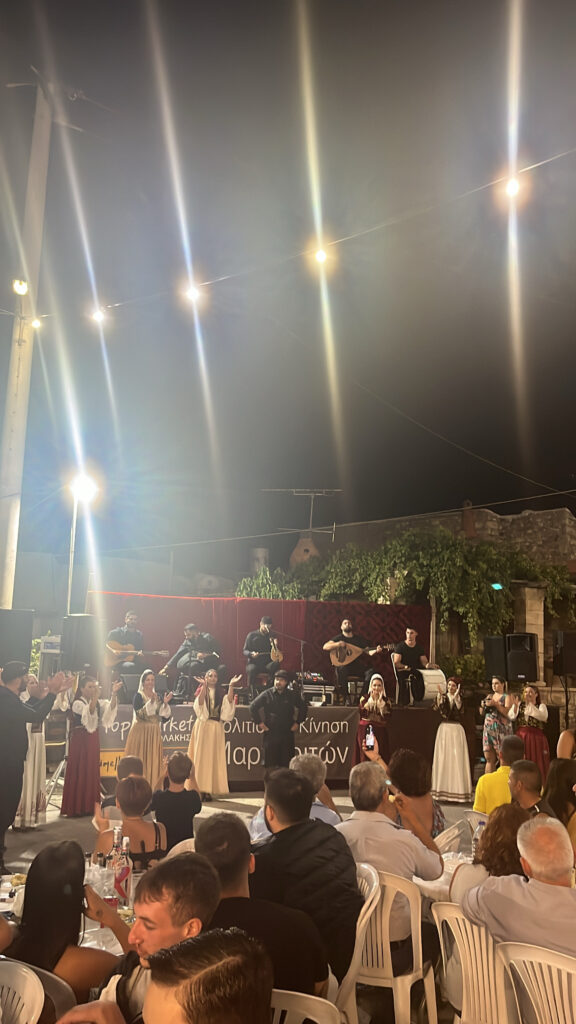
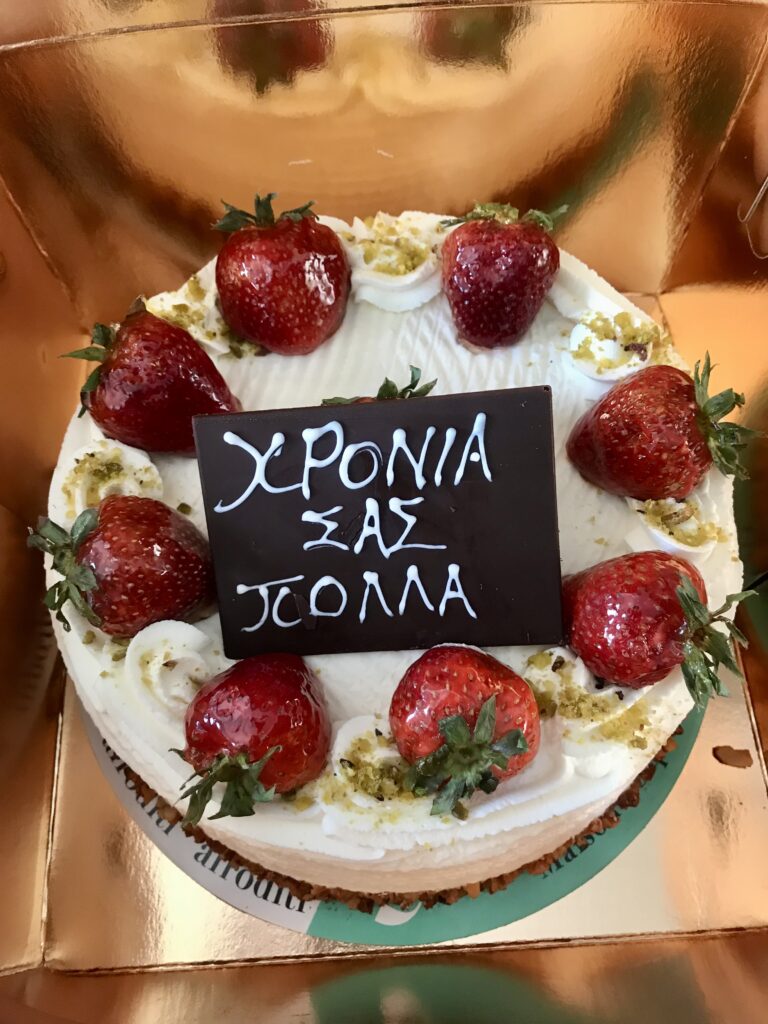
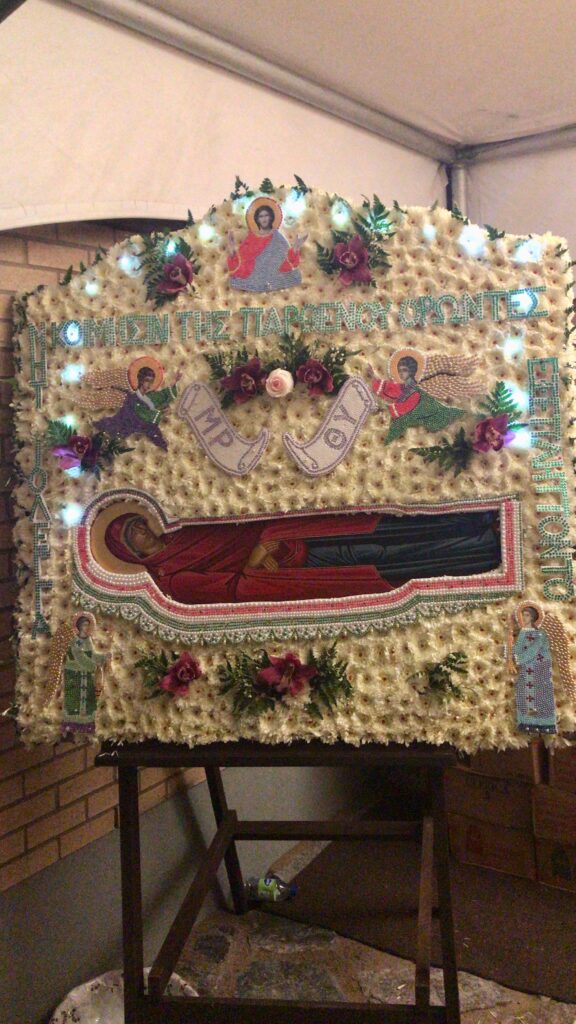
Why Is August 15th So Important?
The Dormition of the Virgin Mary is deeply important in Greek Orthodox faith because Mary is seen as the greatest saint and intercessor for humanity. Her assumption represents the promise of eternal life and the hope for all believers that death is not the end.
For many Greeks, August 15th is also a time of family reunions, reflection, and community bonding. The day symbolizes spiritual renewal and connection to centuries of faith and tradition.
Interesting Facts and Cultural Insights
- Island-wide Celebrations: On Crete, almost every village has a church or chapel dedicated to the Virgin Mary, making August 15th one of the most widely celebrated holidays island-wide.
- The Name “Panagia”: The Virgin Mary is affectionately called ‘Panagia’ in Greek, meaning “All-Holy.” Many place names and local landmarks include “Panagia,” underlining her importance.
- Fireworks and Music: In coastal towns, the holiday is often accompanied by fireworks displays and open-air concerts, turning religious reverence into joyous festivities.
- Tourists and Visitors: While August 15th is a deeply religious holiday, it also draws many tourists eager to witness authentic Greek Orthodox celebrations, taste traditional foods, and experience local culture.
Little Fact*: In Greece, August 15th is often called “the summer Easter” because of its spiritual importance and the way entire communities come together, much like during Holy Week in spring.
The Hymn of Agni Parthene: A Devotional Tribute
A cherished part of the August 15th celebrations is the singing of the Agni Parthene (“Pure Virgin”), a beautiful hymn composed by Agios Nektarios of Aegina in the early 20th century. This hymn is a heartfelt prayer honoring the Virgin Mary, praising her purity, holiness, and role as the Mother of God. During liturgies and processions on the feast day, the Agni Parthene is often sung or chanted, adding a deeply spiritual and reverent atmosphere to the celebrations. Its timeless melody continues to inspire devotion among Orthodox Christians, especially in Crete and towns like Rethymno, where tradition is woven into every aspect of the holiday.